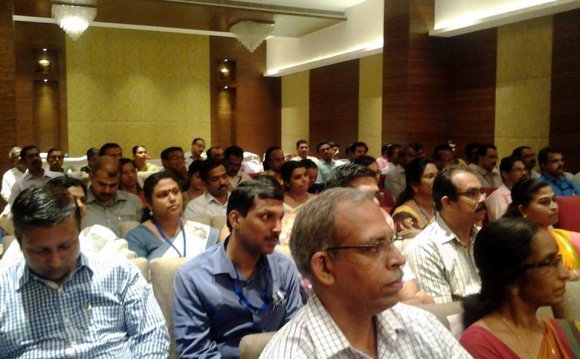
- 1. Scope of Ayurveda
www.ayurvedakerala.biz - 2. Scope of Ayurveda
Ayurveda is a holistic system of healing which evolved among the Brahmin sages of ancient India some 3000-5000 years ago. There are several aspects of this system of medicine which distinguish it from other approaches to health care:
It focuses on establishing and maintaining balance of the life energies within us, rather than focusing on individual symptoms.
It recognizes the unique constitutional differences of all individuals and therefore recommends different regimens for different types - 3. of people. Although two people may appear to have the same outward symptoms, their energetic constitutions may be very different and therefore call for very different remedies.
Ayurveda is a complete medical system which recognizes that ultimately all intelligence and wisdom flows from one Absolute source (Paramatman). Health manifests by the grace of the Absolute acting through the laws of Nature (Prakriti). Ayurveda assists Nature by promoting harmony between the individual and Nature by living a life of balance according to her laws. - 4. Ayurveda describes three fundamental universal energies which regulate all natural processes on both the macrocosmic and microcosmic levels. That is, the same energies which produce effects in the various galaxies and star systems are operating at the level of the human physiology-in your own physiology. These three universal energies are known as the Tridosha.
- 5. Finally, the ancient Ayurvedic physicians realized the need for preserving the alliance of the mind and body and offers mankind tools for remembering and nurturing the subtler aspects of our humanity. Ayurveda seeks to heal the fragmentation and disorder of the mind-body complex and restore wholeness and harmony to all people.
- 6. Scope Of Ayurvedic Medicine
Classically, Ayurvedic Medicine was conceptualized and practiced as eight major clinical subspecialties of medicine in addition to numerous adjunctive specialties. The eight major subspecialties continue to be taught today and they include:
Internal Medicine (Kayachikitsa)
General Surgery (ShalyaTantra)
Otorhinolaryngology (Shalakya)
Pediatrics and Obstetric/Gynecology (Kaumarabhrtya)
Psychiatry (Bhutavidya) - 7. Toxicology (AgadaTantra)
Nutrition, Detoxification and Rejuvenation (RasayanaTantra)
Fertility and Virility (Vajikarana)
For every disease, there is information about: definition, etiology, prodrome, clinical symptoms, pathophysiology, prognosis, principles of treatment, medicines, diet, lifestyle recommendations, and even etymology. This approach is strikingly similar to that of modern medicine and even more comprehensive. - 8. Over the last century, Ayurvedic Medicine has experienced a rebirth and has continued to evolve its holistic approach to health in accordance with modern needs and scientific advances of the day. Today, modern Ayurveda also includes:
KulamSvastyamKutumbakam: Principles of Preventative Healthcare For the Entire Family
SangakaraChikitsa: Treatment of Addictions. Includes strategies for defeating addictions to alcohol, tobacco, sexual behavior, and food. - 9. PanchakarmaChikitsa: Purification and Rejuvenation Treatments. Prescribed with respect to one's individual nature, work, social circumstance, age, and season.
SthaulyaChikitsa: This discipline covers practical and effective approaches to maintain a healthy weight through constitutionally-determined diet, exercise, herbs, spices, teas, breathing, and psychological aids. - 10. VatavyadhiChikitsa: Specific treatment plans for the diseases of Vata origin which affect the musculoskeletal system and nervous system (joints, bones, muscles, nerves) Examples include but are not limited to: osteoarthritis, osteoporosis, osteopenia, multiple sclerosis, spondylosis, sciatica, fibromyalgia, and chronic fatigue syndrome.
Svabhaavoparamavaada: Promotion of self-healing and resistance to disease (i.e. immunity) as per your age, sex, occupation, nature, daily routine, medical history, mental status, season, and region. - 11. Vajikarana: Specific remedies for Male infertility and impotence as well as Female infertility.
SaundaryaSadhana: Beauty and cosmetic treatments for men and women, including skin, hair, eyes, posture, body odor, and general appearance
Source: www.slideshare.net
RELATED VIDEO

scope of ayurvedic in online

DR KR KOHLI, Lecture on Need & Scope of Research in ...

Dr Kuldipraj Kohli, Lecture on Need & Scope of Research in ...









